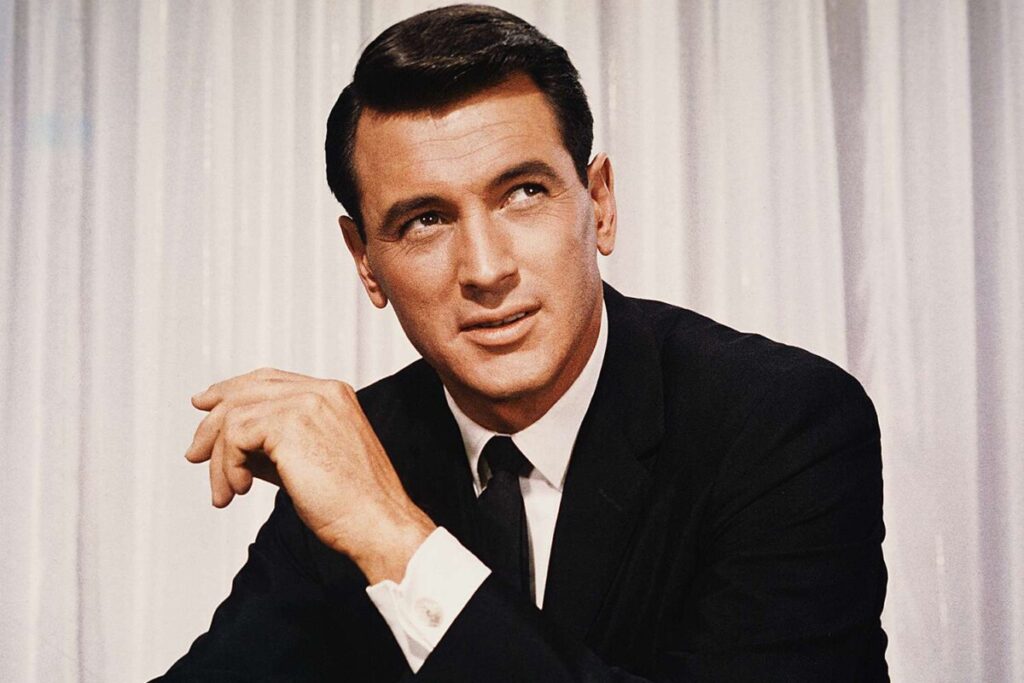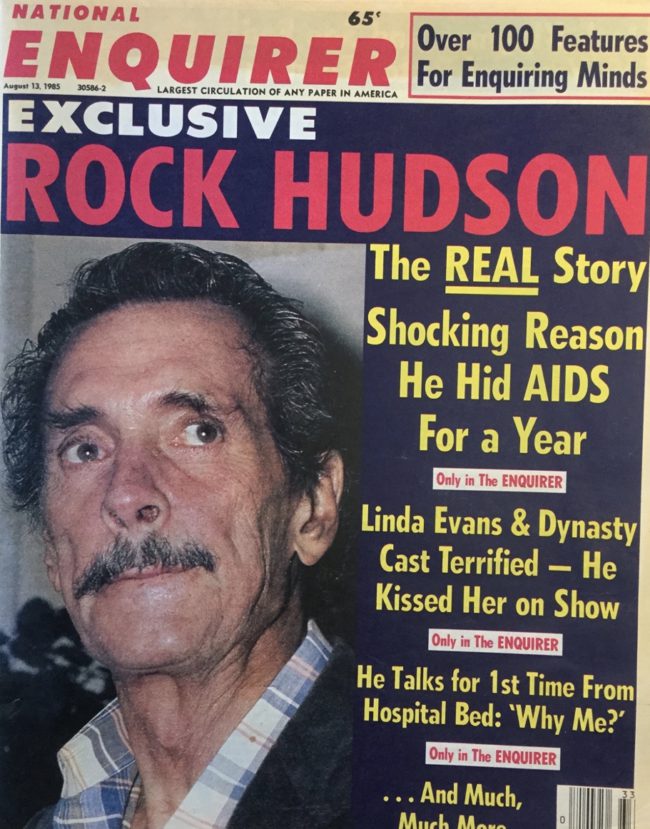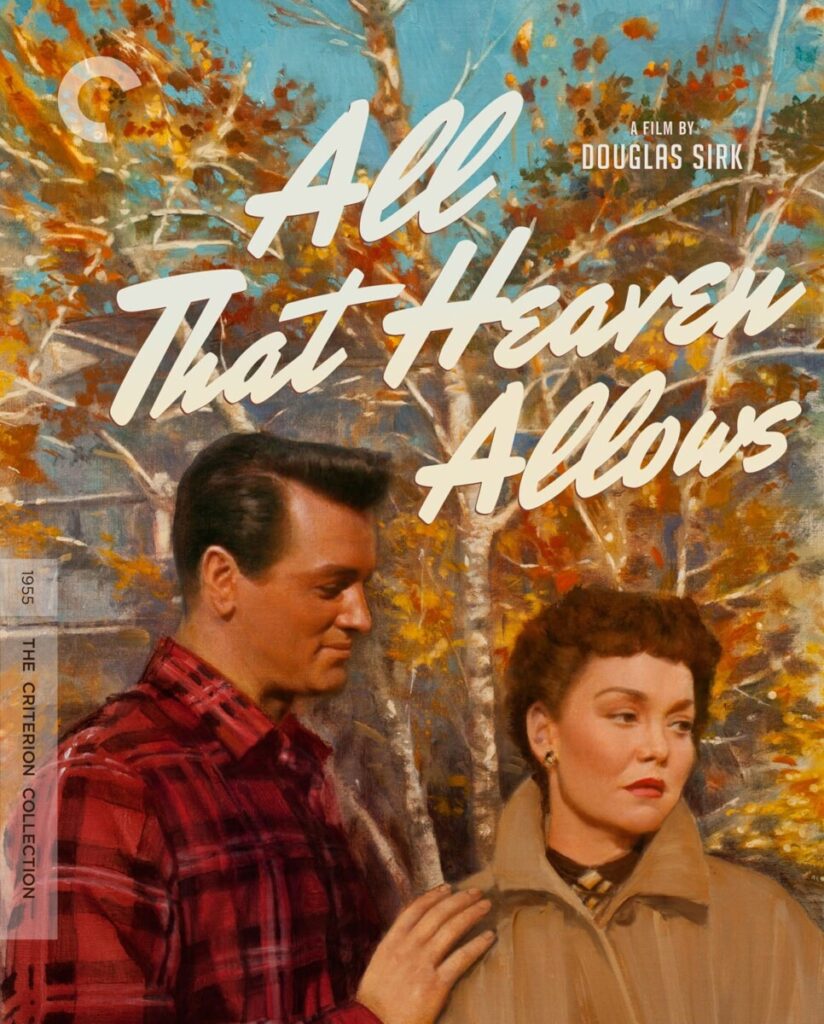https://www.theguardian.com/film/2023/oct/06/rock-hudson-secret-sex-life-all-that-heaven-allowed


During the 1950s, Rock Hudson was a popular “masculine and All-American” film heartthrob. Little did the general public know that he hid a major secret – he was a gay man. While some members of his Hollywood inner-circle knew this, Hudson stayed closeted until months before his death (due to complications from AIDS) in 1985. After his passing, AIDS awareness and fundraising efforts skyrocketed.
The article reveals that, although Hudson was outed in 1985, there had been suspicions regarding his sexuality since his appearance in Douglas Sirk’s All That Heaven Allows (1955). This film follows widow Cary Scott (Jane Wyman) who falls in love with her younger gardener Ron Kirby (Rock Hudson), much to the dismay of her family and friends. Since this film deals with issues of nonconformity and judgement from others, it raises the question of whether this film could be viewed through a different lens.

After knowing what we know now about Hudson, there are many scenes in All That Heaven Allows that could be viewed with undertones of homosexuality or the experience of “coming out”. After Cary calls off the wedding to Ron, he questions “Why is it so difficult for two people who love each other to get married?” While this quote seems to refer to the situation within the film, it was also very true for Hudson in his real life. During this time, homosexual marriage was still illegal and stigmatized in the United States (and around the world).
Additionally, there is an important scene near the end of the film where Cary’s son (Ned) leaves the house and virtually disowns his mother for her relationship with Ron. Regarding homosexuality, many parents disown their children (and friends disown their friends) for being gay. Therefore, this scene could be also be interpreted as what would happen if Rock Hudson were to come out to the American public. His “fans” would disown and judge him, and many studios would probably end their contracts with him.

These two scenes probably hit very close to home to Hudson. He held this secret in for virtually his entire life, and just had to stay silent out of fear of ruining his career. As a result, he (and other closeted actors during this time) most likely viewed this film through a very different lens than most. Ever though All That Heaven Allows wasn’t written by Hudson, I wonder if he still added any input to the script. Ron’s aforementioned quote relates too much to homosexuality to be unintentional.
Overall, Hudson knew that to avoid suspicion, he had to act overly masculine and be the “perfect leading man.” Interestingly enough, film historian Illeana Douglas reveals in the article that she believes it was Sirk who “moulded [Hudson] into this iconic 1950s figure, this symbol of masculinity”. Ultimately, the initial films Hudson that made with Sirk served as his “first impressions” to the American public. Although he was closeted until 1985, it’s fascinating how the nonconformist and judgmental themes in All That Heaven Allows had many similarities to Hudson’s “secret life”. It’s also interesting to see how this knowledge affects how viewers (including me) may interpret this film.
I was so interested in this interpretation as I watched! I truly wonder if Hudson might have influenced parts of the script because some of the dialogue knowing what we all know now about his orientation felt so on the nose. I also thought that the movie provided alot of subtext and more subtle scenarios relating to how Hudson might have felt being forced to hide his identity and preserve his image as America’s lead man as you mentioned with the scene with Ned. I loved the shot when Cary was looking at her reflection from the TV because it made me think of how Hudson most likely felt by his image literally confined by the facade he had to present for his screen career.